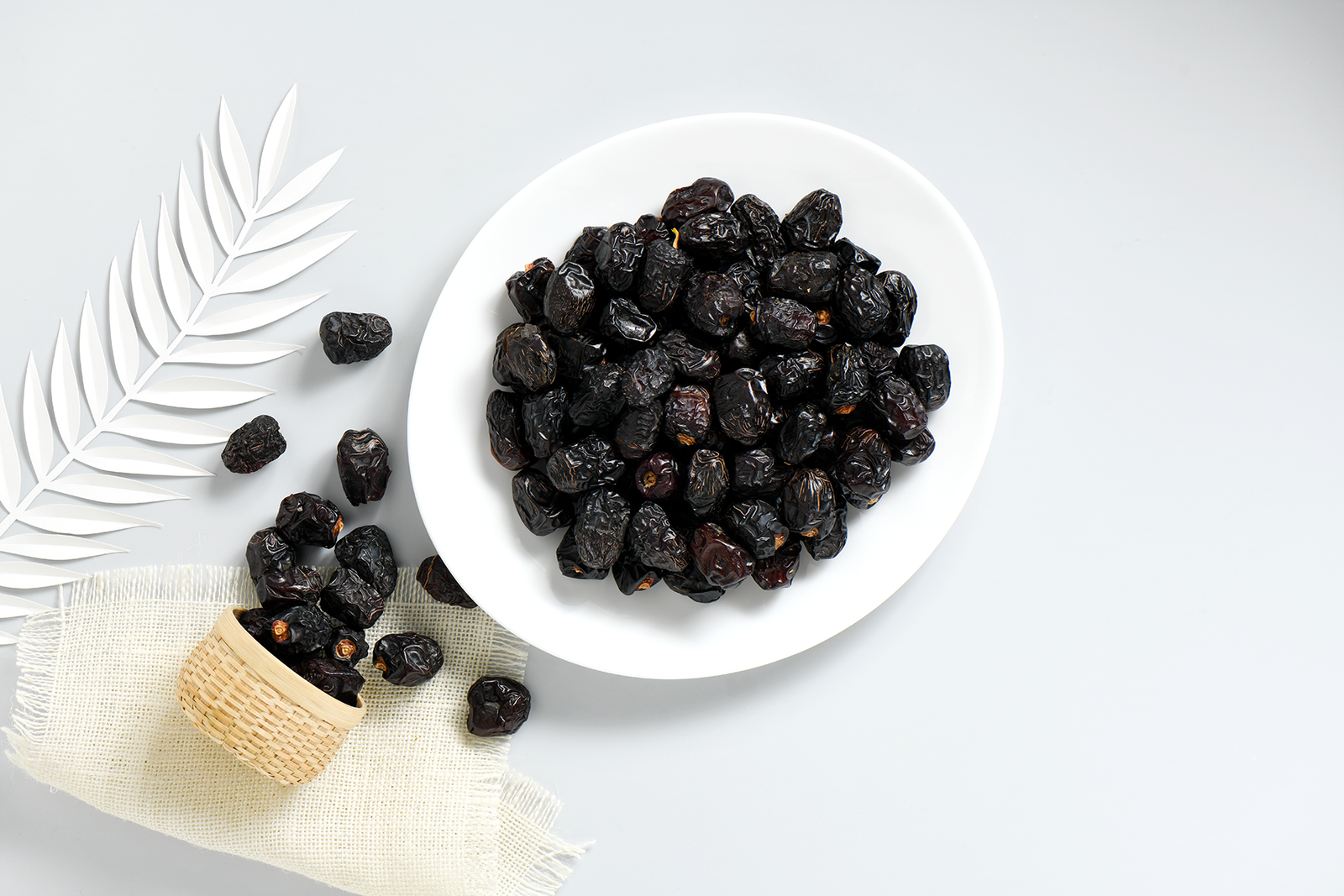Traditional Significance of Kurma Nabi

Introduction
Welcome to a captivating exploration of Kurma Nabi, the revered fruit that holds deep spiritual and cultural significance. In this blog post, we will unravel the traditional importance of Kurma Nabi, also known as the Prophet’s Dates. Discover the sacred connections, rich traditions, and symbolic meanings that have made this fruit an integral part of the heritage of believers throughout history.
The Divine Gift: Kurma Nabi
Kurma Nabi, or the Prophet’s Dates, are a special variety of dates that hold immense religious and cultural value. Let’s delve into the significance and traditional importance of this divine fruit.
1. Spiritual Significance
In Islamic tradition, Kurma Nabi is believed to be a blessed fruit associated with prophets, including the Prophet Muhammad (peace be upon him). It is revered as a symbol of divine sustenance, nourishment, and blessings. The consumption of Kurma Nabi is often considered a virtuous act, associated with seeking spiritual rewards and blessings.
2. Cultural Traditions
Kurma Nabi is deeply woven into the cultural fabric of Islamic communities around the world. It holds a special place in religious ceremonies, festive celebrations, and important occasions. The fruit is often offered as a gesture of hospitality and generosity, symbolizing blessings and goodwill.
3. Symbolic Meanings
Kurma Nabi carries symbolic meanings that resonate with believers. Its sweetness represents the beauty and mercy of Allah, while its nourishment symbolizes spiritual growth and enlightenment. The date palm itself is revered as a symbol of strength, resilience, and abundance.
Traditional Practices and Rituals
The traditional significance of Kurma Nabi is often manifested in various practices and rituals. Here are a few examples:
1. Breaking the Fast
During the holy month of Ramadan, Kurma Nabi holds a special place in the iftar meal, which is the meal to break the fast. It is customary to break the fast with a date, following the example of the Prophet Muhammad (peace be upon him).
2. Festive Offerings
On festive occasions such as Eid al-Fitr and Eid al-Adha, Kurma Nabi is often shared among family, friends, and neighbors as a symbol of joy, unity, and blessings. It is customary to exchange dates as a gesture of goodwill and to strengthen social bonds.
3. Charitable Giving
Kurma Nabi is frequently included in charitable initiatives and donations, particularly during the month of Ramadan. Dates are distributed to the less fortunate, enabling them to partake in the blessings of this sacred fruit.
Islamic tradition holds spiritual significance for various fruits beyond Kurma Nabi.
Here are a few examples:
1. Pomegranate: The pomegranate is often associated with blessings, abundance, and fertility in Islamic tradition. Its numerous seeds symbolize the multiplicity of divine blessings and the rewards of paradise.
2. Olive: Olives and olive oil are mentioned in the Quran and hold symbolic importance in Islamic tradition. They are associated with peace, blessings, and the nourishment of the body and soul. Olive oil is also used in various religious rituals.
3. Fig: Figs are mentioned in the Quran and are considered a blessed fruit. They symbolize purity, abundance, and sustenance. The fig tree holds significance as a symbol of refuge and protection.
4. Grape: Grapes and grapevines are mentioned in the Quran, and grape juice is considered pure and nourishing. Grapes symbolize blessings, abundance, and spiritual joy. They are also associated with paradise and the rewards of the hereafter.
5. Honey: While not a fruit, honey is highly regarded in Islamic tradition for its healing properties and symbolic significance. It is mentioned in the Quran as a wholesome and beneficial food and is considered a symbol of goodness and blessings.
6. Dates: Apart from Kurma Nabi, other varieties of dates also hold spiritual significance in Islamic tradition. Dates are mentioned in the Quran and are associated with blessings, sustenance, and the breaking of the fast during Ramadan.
These fruits not only hold nutritional value but also carry symbolic meanings and spiritual significance in Islamic tradition. They serve as reminders of divine blessings, nourishment, and the beauty of the natural world, fostering a deeper connection to faith and spirituality.
Conclusion
Kurma Nabi, the Prophet’s Dates, embodies a profound spiritual and cultural significance. Rooted in the traditions of Islamic heritage, this sacred fruit carries symbolic meanings and is associated with acts of piety, hospitality, and generosity. As believers cherish the blessings and traditions associated with Kurma Nabi, it continues to be a cherished fruit that strengthens the bond between individuals and their faith, fostering a deep sense of reverence and gratitude.